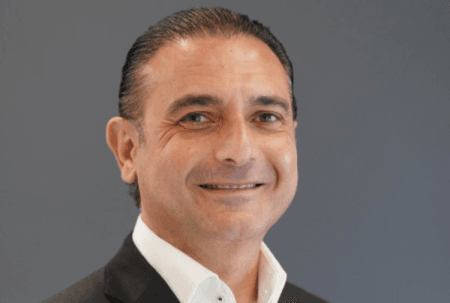SORA Technology, a Japan-based aerial solutions firm, is expanding operations to 15 African countries to combat malaria using AI-powered drones. The rollout begins Aug. 25 and will deploy fleets of fixed-wing drones to identify mosquito breeding sites and spray targeted doses of larvicides.
The company says its Larval Source Management (LSM) model reduces chemical use by 70% and cuts operational costs by half. Each country will receive about 100 drones, including Nigeria, Ghana, Kenya, Ethiopia, Uganda, and Tanzania.
Africa accounts for over 90% of global malaria cases and deaths, with climate change and drug resistance worsening the crisis. SORA’s AI-driven drones map high-risk breeding zones using imaging and deep learning, allowing precise interventions in swamps, farms, and riverbanks.
While SORA’s expansion brings it into direct competition with Zipline Africa, CEO Yosuke Kaneko says the two companies serve different niches. Zipline focuses on medical deliveries, while SORA combines health, agriculture, and logistics use cases.
SORA, which launched in 2018, raised $4.8 million in seed funding in March 2025 and plans to build a drone assembly plant in Africa. It will also release a malaria-focused drone model in August. By year-end, it aims to reach 100,000 people across the continent.
“African governments have long shown interest in drone tech,” said Kaneko. “We’re finally helping bridge the implementation gap.”






